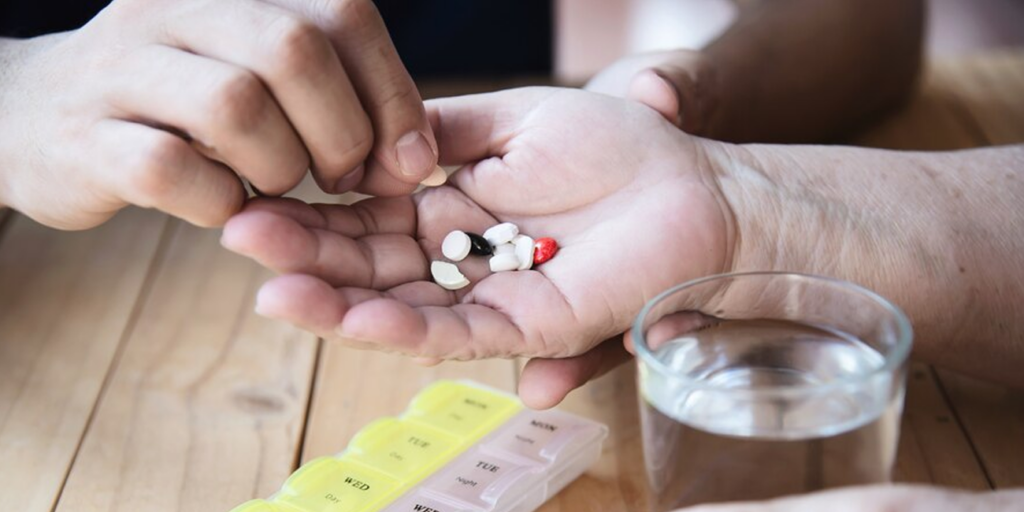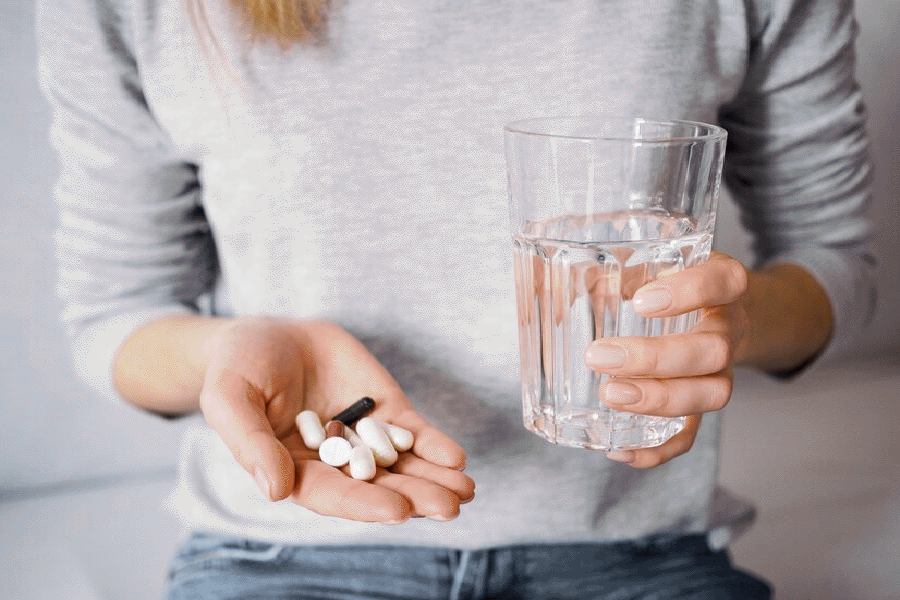What Are the Best Ways to Reduce or Quit Drug Use Effectively?
Millions of people, as well as their families, are affected in the United States because of the continuous rise of drug addiction cases. The problem has cut across all ages but affected mainly young ones. With a continued rise in the opioid crisis and other substance abuse challenges, never have they been this crucial in finding an effective way of reducing or quitting drugs. Fortunately, several interventions can help many people with addictions make the first steps towards recovery. In this blog, we will discover some of the most effective ways to reduce or stop drug use and talk about the importance of appropriate treatment for drug addiction.
Must Read : Drug Rehab Rehabilitation
Understanding Drug Addiction and Its Impact
Drug addiction is a chronic disease that is no longer only debilitating to the person indulging in the drug but goes on to affect his relationship with loved ones, his social circle, and, gradually, society. It leads them to lose control over their capacity to make informed decisions regarding the intake of drugs, hence making them prone to lifelong physical, emotional, and mental issues.
Drug abuse involves different reasons, and everyone has a different story; what can be said at our recovery home is that we help individuals overcome this vice by supporting them, finding the cause of this habit, and at the same time helping the individuals affected to lead productive lives. Drug withdrawal is much like a gradual process, which involves different methods of medical, psychological, and social treatments.
Step 1: Admit That There Is a Problem and Find Assistance
The first step involved in quitting drug abuse entails an acknowledgment of the existence of a problem. Most addicts deny being addicted, and one will not know the gravity of their situation. Often, friends and family members will notice before the individual themselves accept that they have a problem.
Getting some help becomes the mandate of accomplishment in giving up or cutting down a drug habit. The sources of the support system can range from family and friends to addiction counselors and recovery centres like Archway Recovery Homes and almost everything between and beyond. Being open about your struggle and getting help forms a crucial step toward recovery.
Step 2: Recovery Plan
One of the best ways to stop drug use is with an individualized recovery plan. Since no person with an addiction goes through the same thing, there is a need to have each approach based on their needs as unique individuals. Very frequently, the treatment for this addiction includes medication, behavioral therapy, and lifestyle changes.
Here at Archway Recovery Homes, we provide treatment for drug addiction so that everyone gets exactly what they need. Our approach involves working closely with a person to create an integrative plan: medical support, including detoxification and medication-assisted treatment; therapy to help them control cravings and triggers and deal with the emotional challenges. Recovery plans may include family counseling, participation in support groups, and even holistically approached aspects such as yoga, meditation, or exercise that can help people build healthier coping mechanisms.

Step 3: Detoxification and Treatment
Usually, medical therapy would be the best answer for a patient with a drug addiction. It often presents treatment for more severe or persistent substance abuse disorders in most cases. Detox is a process of clearing drugs from a client’s body with the help of a doctor and in a gentle approach. Detoxification can be an agonizing process and, sometimes even fatal, should be carried out in a clinic.
A detox stage with medical assistance in managing withdrawal symptoms; hence, at Archway Recovery Homes, our patients are placed safely. The medical staff underwent training on assisting patients during the most challenging stages of early recovery. Medication-assisted treatment is provided to reduce cravings and make detoxing easier in some instances.
Step 4: Behavioral Therapy and Counseling
Behavioral therapy and counseling are crucial elements in the successful treatment of drug usage. Therapy will enable individuals to understand why they have the urge to use drugs, how to handle their desire for them and learn ways of dealing with stress, trauma, or any other stimulus that can lead to withdrawal.
Among all therapies used during addiction treatment, cognitive-behavioral therapy is perhaps one of the most widely employed. They explain how people can learn to recognize maladaptive cognitions and behaviors and substitute these toxic patterns with functional counterparts. Motivational interviewing and group therapy may also become very important in the treatment of an addiction.
The team works with our consumers to provide significant ongoing therapy and support at Archway Recovery Homes. We believe that the emotional and psychological elements of addiction need a treatment model for effective long-term recovery.
Step 5: Building a Support Network
Recovery from the use of drugs is not something to be done in isolation. Instead, recovery and prevention of relapse require a healthy support system. Support may be through family, close friends, support groups, or a professional recovery community. The recovery process of the participants becomes powerful when they share their experience with other people who share similar tough times through support groups like NA and AA.
Support is given to the clients at our recovery home to maintain a good network of people upon completion of treatment. The other support services we offer include group therapies and relapse prevention programs that keep people connected with the recovery community and prevent them from being on a wrong path that would lead to relapse and decrease their sobriety.
Step 6: Healthy Lifestyle
Another approach to giving up or cutting one’s drug use is through maintaining proper coping mechanisms that would deflect the habit. Exercise often, eat good food, which must be balanced in nutrients, and ensure adequate sleep to feed the body and soul. Research has supported the argument that exercise increases forgetful desire, improves mood, and improves cognitive performance in recovering people with an addiction.
At Archway Recovery Homes, we encourage our clients towards holistic recovery, treating their bodies and minds. It can be in line with fitness programs, outdoor activities, or mindfulness in general. A healthier lifestyle would significantly enhance the recovery process.
Step 7: Avoid High-Risk Situations
A crucial element of a recovery plan is relapse prevention. Among the most effective ways to prevent drug use relapse is the avoidance of high-risk situations that might provoke drug use. These may involve avoiding some places, people, or activities with which drug use has been associated or that make considerable demands or temptations.
Other early identification can activate early intervention by enabling the person to find them and prepare strategies for coping with these situations without being dependent on drugs. Behavioral therapy is often channeled towards arming people with coping mechanisms to deal with the conditions. Planning is also made on what to do if one feels the urge and temptation of craving is also a component of this treatment.
We provide clients with tools and strategies to prevent relapse and move forward in recovery. The services are geared to enable the clients to discover what personal issues trigger them, giving them healthier ways to cope with challenges.
Step 8: Acknowledge Milestones and Stay Committed
Recovery from drug addiction is a lifelong journey, and it warrants celebration, even for small victories along the way. Each sober day is a victory in and of itself. Still, for some people, it becomes more meaningful when celebrated as a feat of accomplishment, whether it is a month or even more sober time, working out personal victories in work and relationships, and then celebrating, which can be an engine that keeps people motivated.
However, commitment to recovery and understanding inevitable setbacks are equally important. If someone relapses, they should immediately seek help and return to the right path. Recovery isn’t linear; thus, setbacks may happen.
We take pride in supporting individuals through every phase of recovery. We have always believed that with treatment, support, and commitment, anyone can overcome drug addiction and gain true sobriety.
Conclusion
It is easy to quit drugs when done the right way with the right tools and support. Acknowledge the problem, create a personalized recovery plan, seek medical and therapeutic support, and build a strong support network; then, people can most effectively control, reduce, or even quit their drug use altogether. We are dedicated to being a supportive resource through which caring, tailored care assists people in overcoming drug addiction and leading a lifetime of recovery; with the proper treatment and willingness, the possibility of a life without addiction stands before them.


